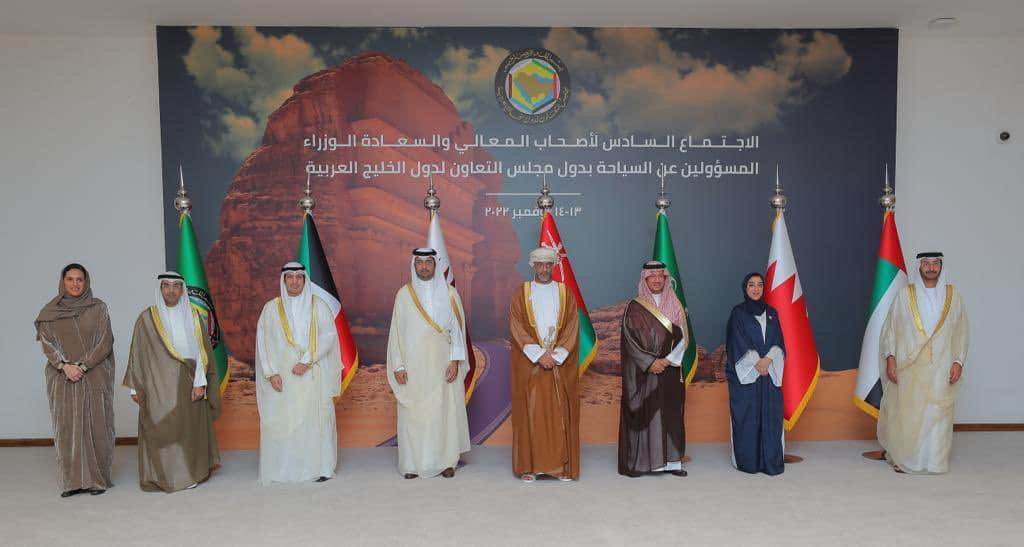ALULA, Saudi Arabia – The Gulf Cooperation Council (GCC) ministers have adopted the Gulf strategy for tourism, the Gulf tourism platform, and the capital of Gulf tourism, and recommended referring the outcome of their meeting to the GCC leaders for endorsement.
The meeting, which was chaired by Saudi Tourism Minister Ahmed bin Aqeel Al-Khateeb, discussed various topics on the agenda, including projects related to strengthening joint Gulf action in tourism, as well as strategic partnerships between the GCC and other countries and parties.
The sixth meeting of its kind also reviewed ways to ensure the implementation of these projects to contribute to the development of common tourism areas in the GCC area in the implementation of the directives of the GCC leaders.
UAE Tourism Strategy 2031
The development came a couple of days after the launch of the UAE Tourism Strategy 2031, which comes under the ‘Projects of the 50’ as one of the biggest projects of the next years for the Gulf country.
The strategy — launched by the UAE’s Vice President, Prime Minister and Dubai Ruler Sheikh Mohammed bin Rashid Al Maktoum — aims to strengthen the position of the UAE as one of the best destinations in the world for tourism.
Sheikh Mohammed bin Rashid said, “Today, we approved UAE’s Tourism Strategy 2031. UAE ranks among the top 10 global tourist destinations. Our goal is to boost our competitiveness by attracting AED100 billion as additional tourism investments and welcome 40 million hotel guests in 2031.”
“Tourism is key to diversifying our economy and boosting UAE’s global competitiveness. In the first quarter of 2022, our airports received 22 million passengers. Our goal is for the tourism sector’s contribution to be AED450 billion of GDP in 2031,” Sheikh Mohammed added.
Strengthening tourism ecosystem
The strategy, which comes in partnership with various federal and local tourism authorities, national airlines, and international institutions and companies, aims to enhance the unified tourism identity and support the UAE integrated and well-established tourism ecosystem, in order to provide a distinguished experience for tourists from all over the world.
The strategy aims to raise the tourism sector’s contribution to the GDP to AED450 billion, with an annual increase of AED27 billion, attract new investments of AED100 billion to the tourism sector in the country, and attract 40 million hotel guests.
The strategy includes 25 initiatives and policies to support the development of the tourism sector in the country. It is based on 4 key directions: strengthening the unified national tourism identity; developing and diversifying specialised tourism products; building tourism capabilities; encouraging the contribution of national cadres in the tourism sector; and increasing investments in all tourism sectors.
The strategy’s initiatives and directions will enhance the country’s efforts in providing an attractive and safe national tourism environment, pioneering and integrated tourism services, diverse and unique destinations, and a developed infrastructure for the tourism sector.
The strategy is expected to contribute to encouraging tourism investment in various related sectors, including travel, aviation and hospitality, as well as creating new investment opportunities, attracting more international companies to the local market, and developing tourism data and statistics.
The National Tourism Strategy 2031 comes in cooperation between the Ministry of Economy and various local and federal concerned entities and institutions, including the Ministry of Foreign Affairs and International Cooperation, the Federal Authority for Identity, Citizenship, Customs and Port Security, the UAE Central Bank, the General Civil Aviation Authority, the UAE airlines, the World Tourism Organisation, a number of international companies and the Federal Competitiveness and Statistics Centre.

